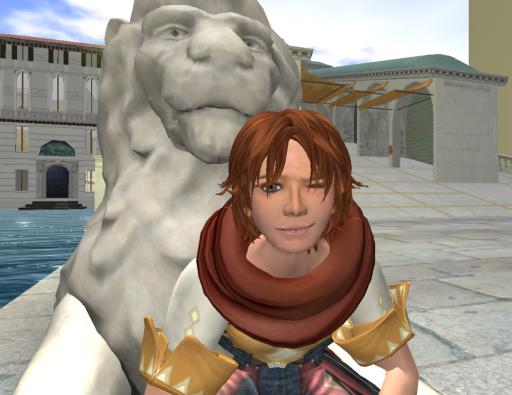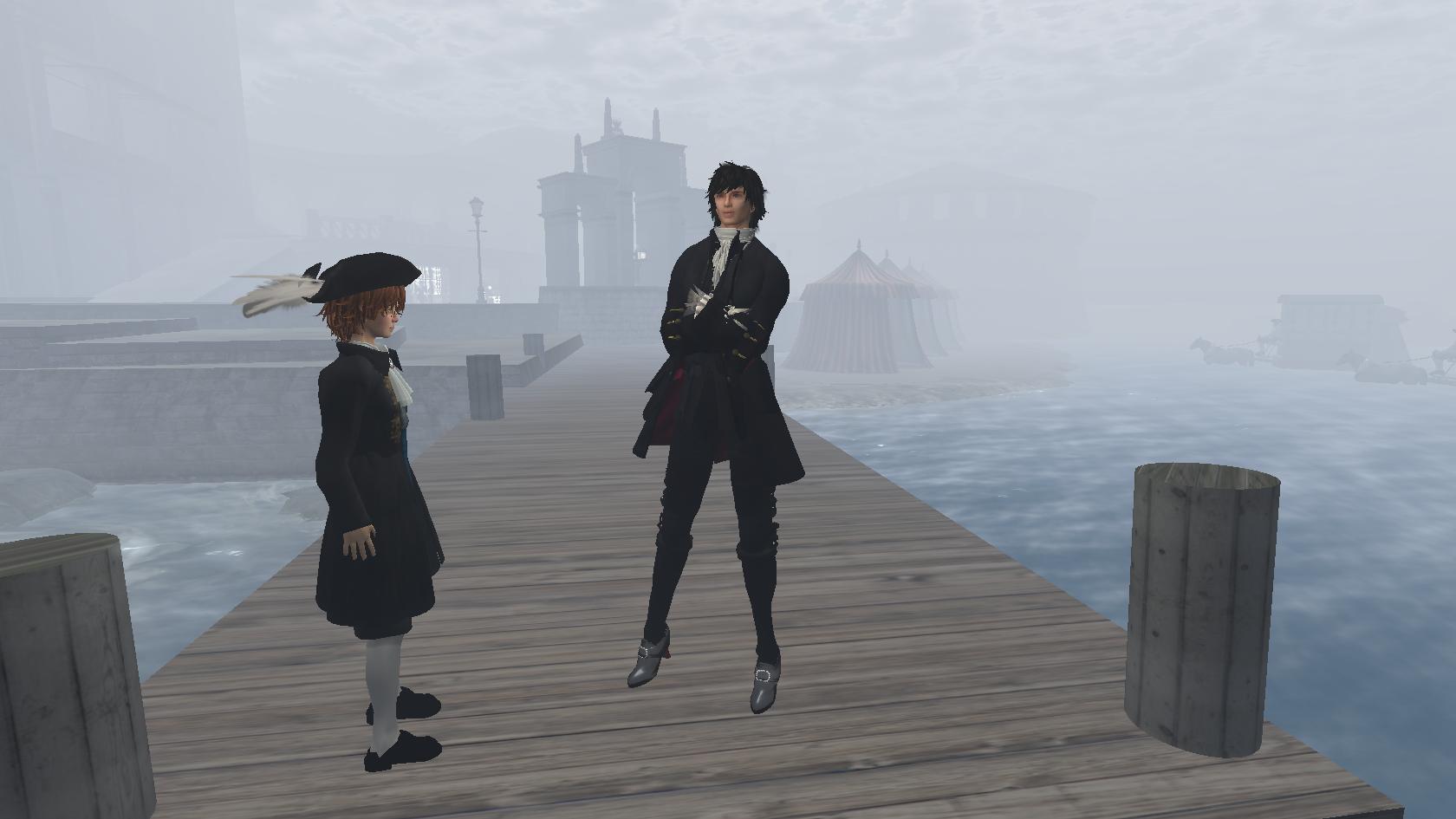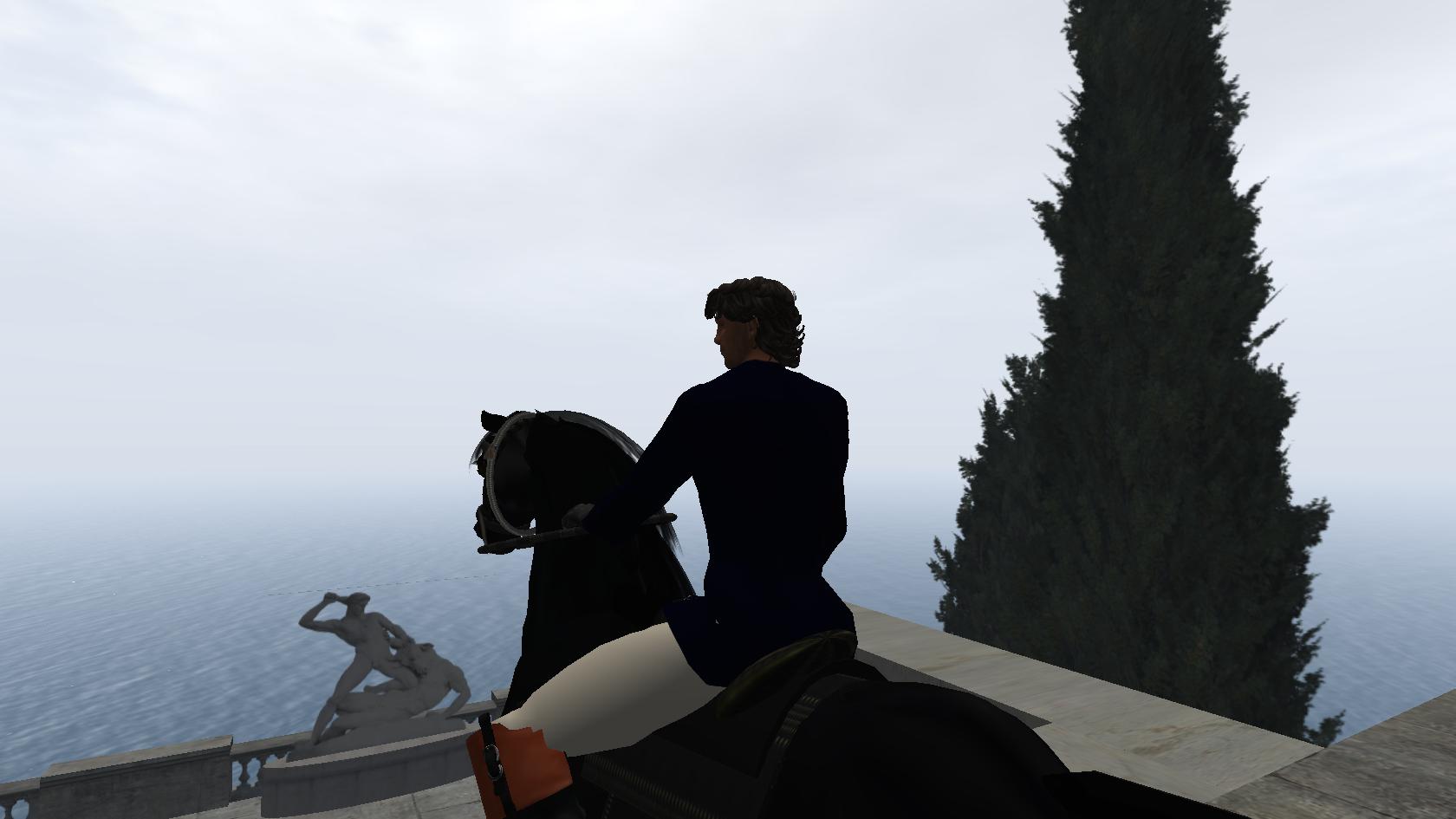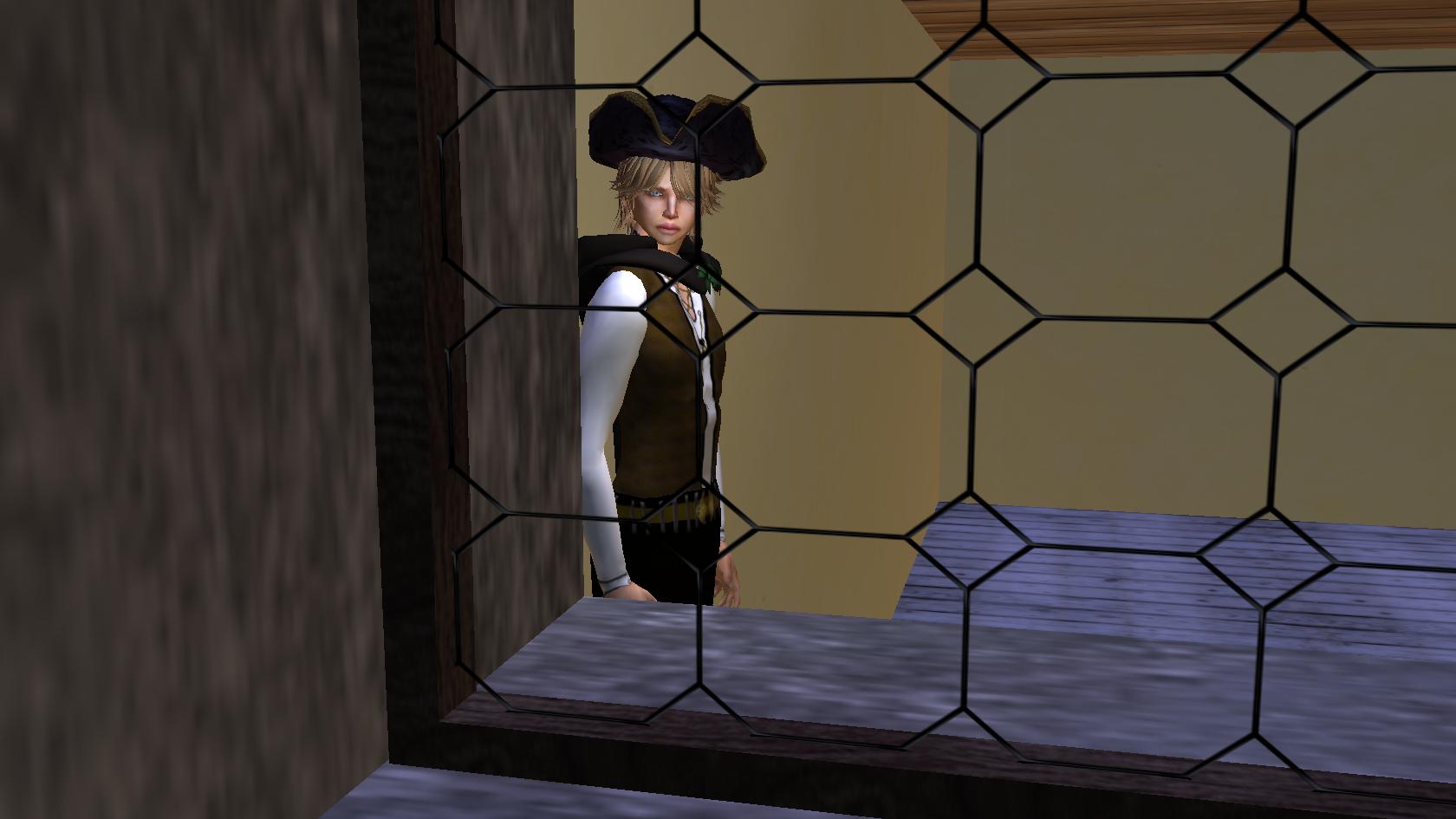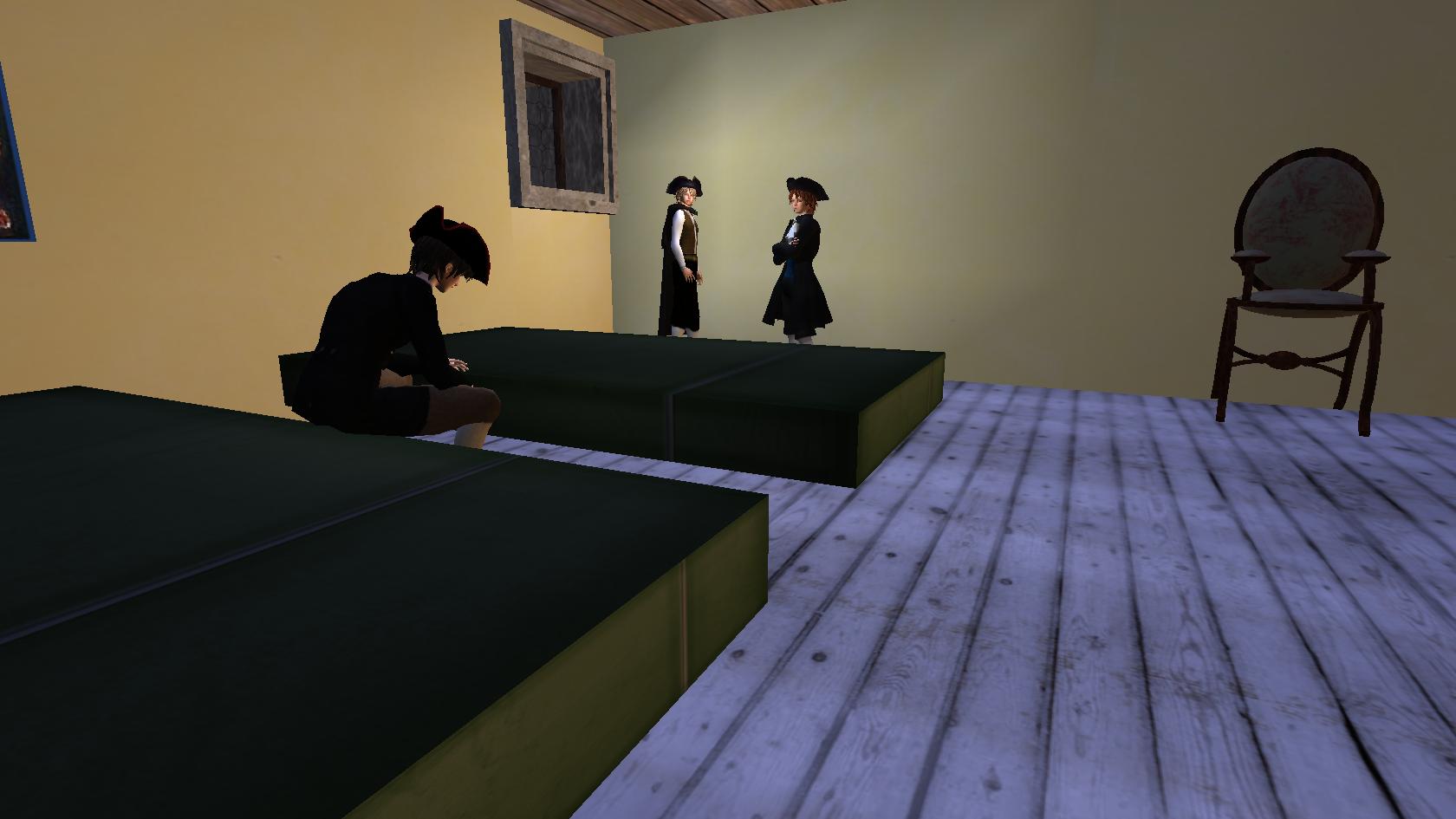News came that the Principe di Melioria, our beloved Signor Capo (as he liked us to call him) has been lost in some tragedy in the New World. No one told me the whole story, but the Principe d'Auvergnemet me at the docks early yesterday and told me that all of the orphans who have been wards of the Principe should not fear for their future at the port of Melioria.
Yet, the Principe was beside himself with grief. He wept and sighed, and I began to fear the worst.What happened? How could this be? There are no answers. The principe d'Auvergne told me that tomorrow the ships will come from Gaeta. Perhaps they would bring us better news.
The morning was misty and cold: very odd for this time of year. The mist became thicker and thicker, and as I mounted the hill I could make out the figure of a noble on horseback. He was as still as a monument, but he was the picture of sadness. He looked out at the port and remained still for many minutes, so that I hesitated to approach.
When the noble finally rode off, I continued to look for my friends. There was no need to worry. The cold weather made it easy to find them.As I approached the palazzo, I could see Prospero standing at the window of the boys' sleeping quarters. He wore his hat and cloak, which was strange to see on someone indoors. Even from a distance, I could see that Prospero had a dire look in his eyes. It was the same look that I had seen in the eyes of the Principe d'Auvergne and in the posture of the horseman. He must have heard the bad news too.
Slowly I made my way upstairs, to the boys' sleeping quarters. Prospero was in shock and stood by the window, searching through the now impossible fog. Rico, instead, sat on his bed. He sobbed and sighed.
"Our dear prince is missing," Rico cried as I came in the room: "he cannot be found."
Prospero looked at Rico and then at me. "It is time to make our plans," he said. "We have lost our patron. We must leave this island." The words were hard. I looked at Rico and he nodded. We both knew that our friend Prospero was right.
William Wordsworth
On the Extinction of the Venetian Republic
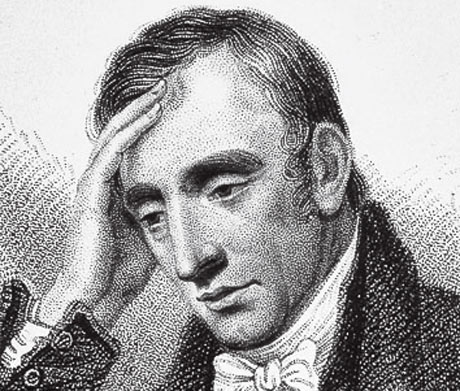
Once did She hold the gorgeous east in fee;
And was the safeguard of the west; the worth
Of Venice did not fall below her birth,
Venice, the eldest Child of Liberty.
She was a maiden City, bright and free;
No guide seduced, no force could violate;
And, when she took unto herself a Mate,
She must espouse the everlasting Sea.
And what if she had seen those glories fade,
Those titles vanish, and that strength decay;
Yet shall some tribute of regret be paid
When her long life hath reached its final day:
Men are we, and must grieve when even the Shade
Of that which once was great, is passed away.
(1802)
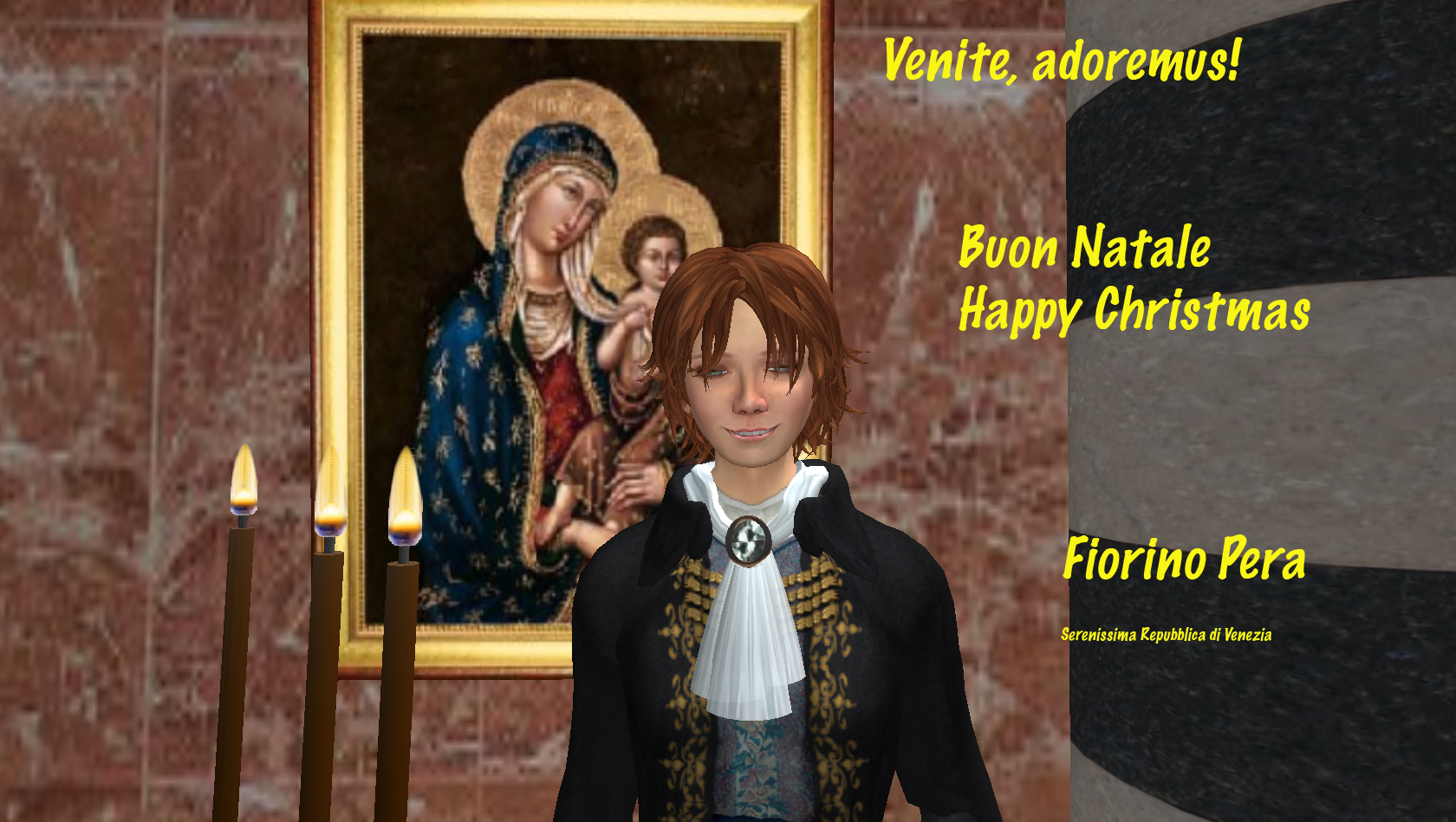 To all those who have visited our most serene republic during this year, and to all the dear members of the Royal Courts of Second Life, receive the sincere wishes of your humble servant for a Happy and Blessed Christmas.
To all those who have visited our most serene republic during this year, and to all the dear members of the Royal Courts of Second Life, receive the sincere wishes of your humble servant for a Happy and Blessed Christmas.
 Night after night Fiorino hears strange sounds
Night after night Fiorino hears strange sounds  A ship had docked during the night
A ship had docked during the night  Often the sounds of ships and men wake Fiorino during the night
Often the sounds of ships and men wake Fiorino during the night  Louis- Charles seemed to arrive out of thin air
Louis- Charles seemed to arrive out of thin air 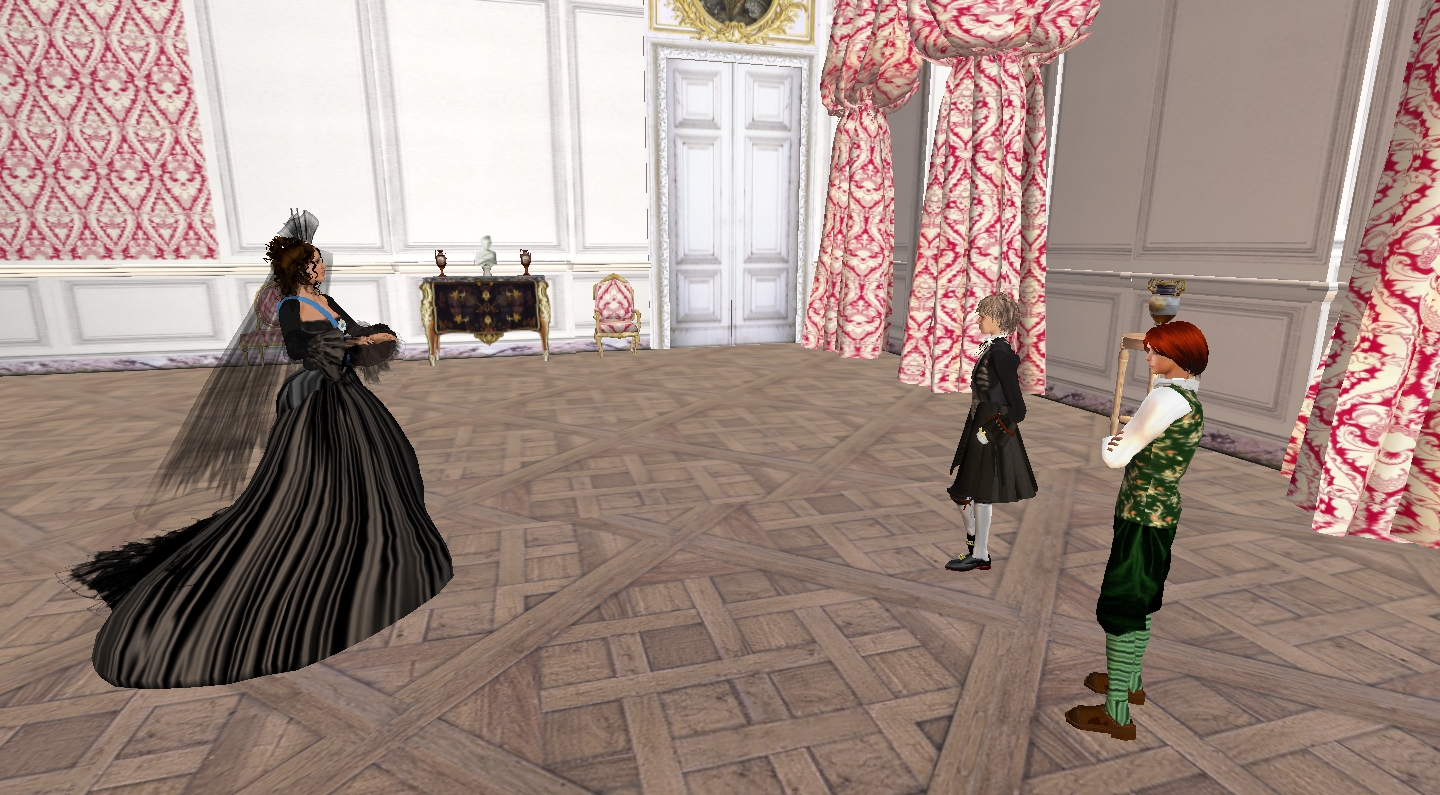
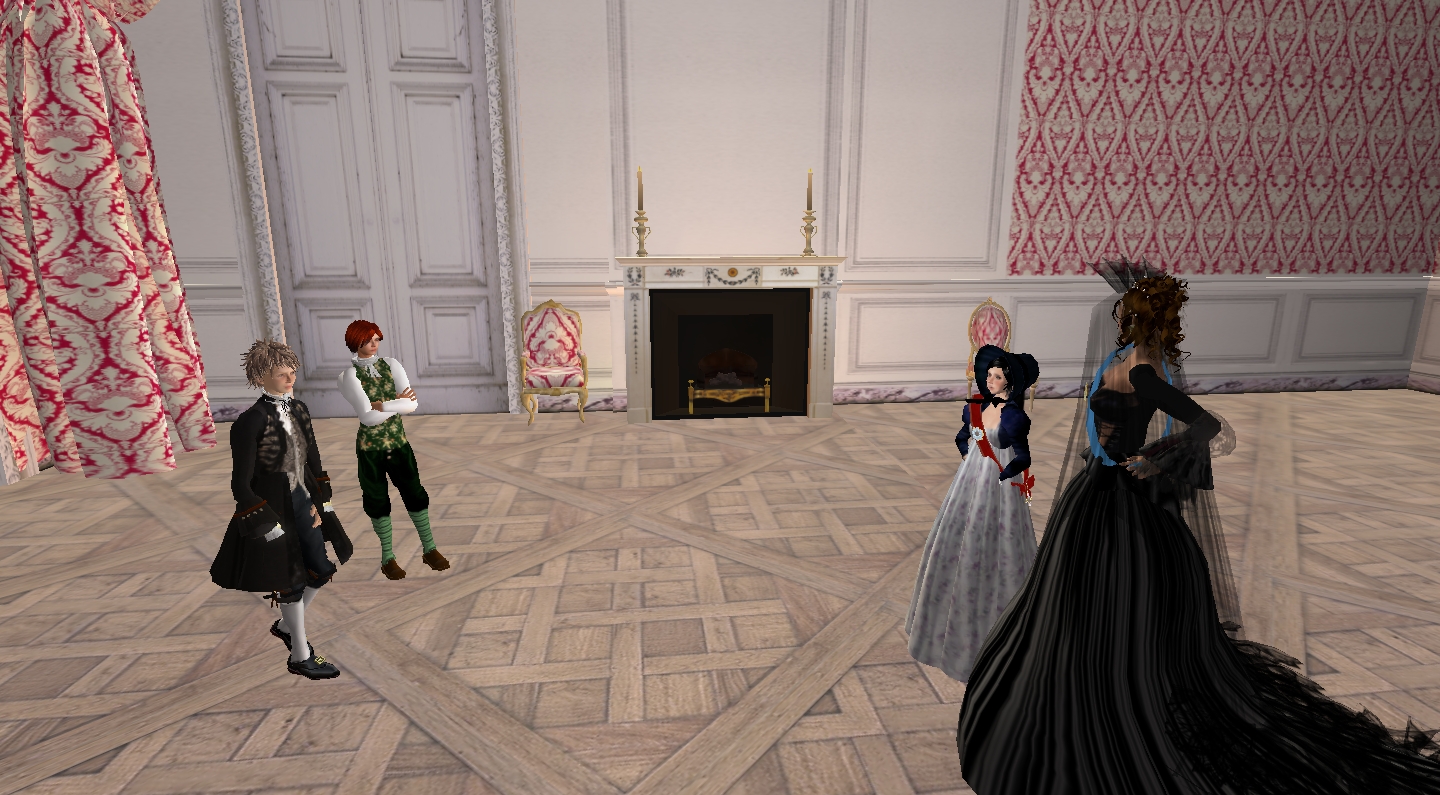
 Louis-Charles and I met the Contessa Foscari at the gates of the walled city
Louis-Charles and I met the Contessa Foscari at the gates of the walled city  Rico cheers as he discovers the ancient ruins
Rico cheers as he discovers the ancient ruins  Fiorino examines the ancient sculpture
Fiorino examines the ancient sculpture  The Contessa Rezzonico had been watching the young friends and approached
The Contessa Rezzonico had been watching the young friends and approached  Contessa Rezzonico warns of moral danger.
Contessa Rezzonico warns of moral danger.  The boys make their plans to make the ruins their headquarters
The boys make their plans to make the ruins their headquarters 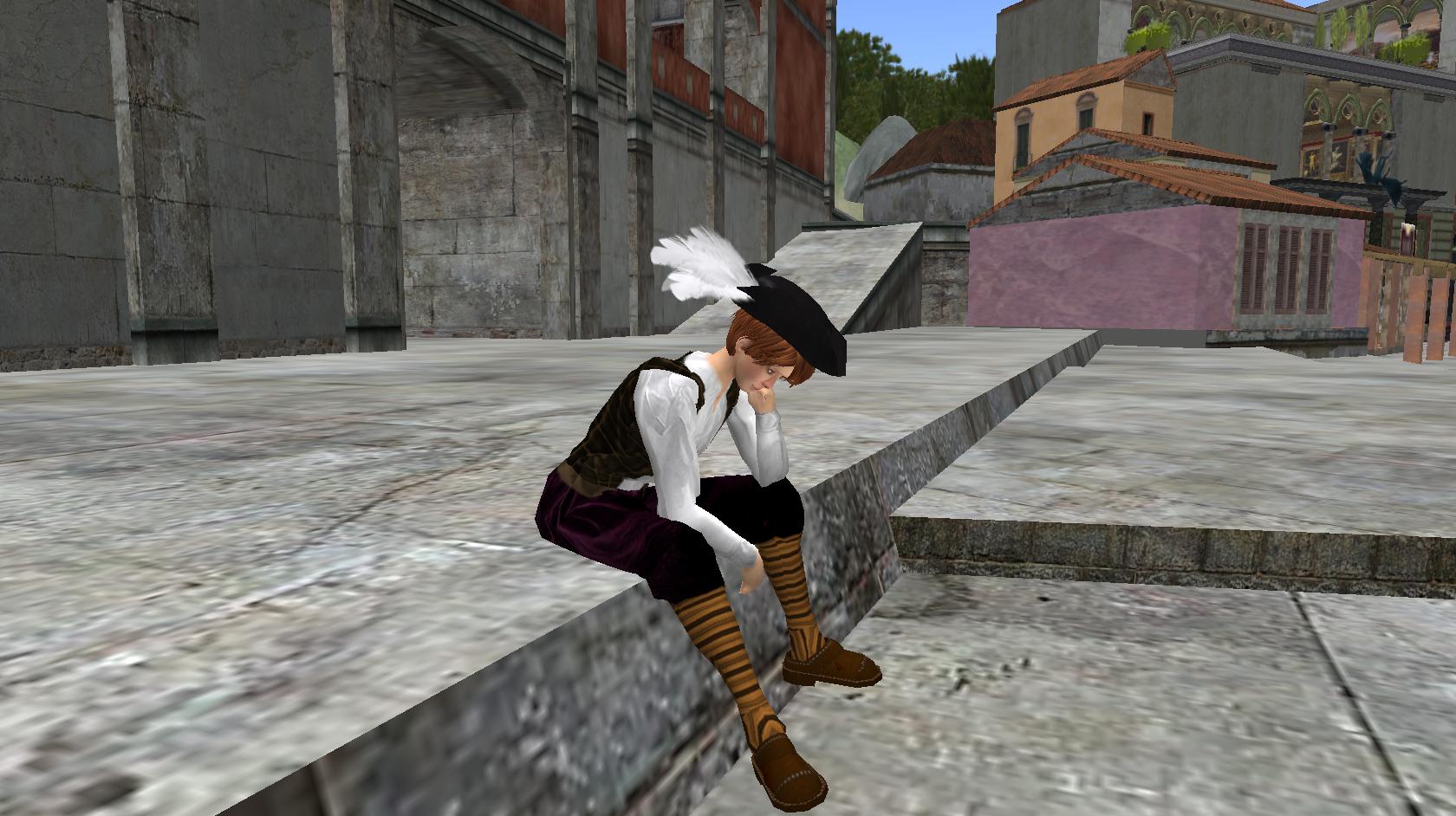
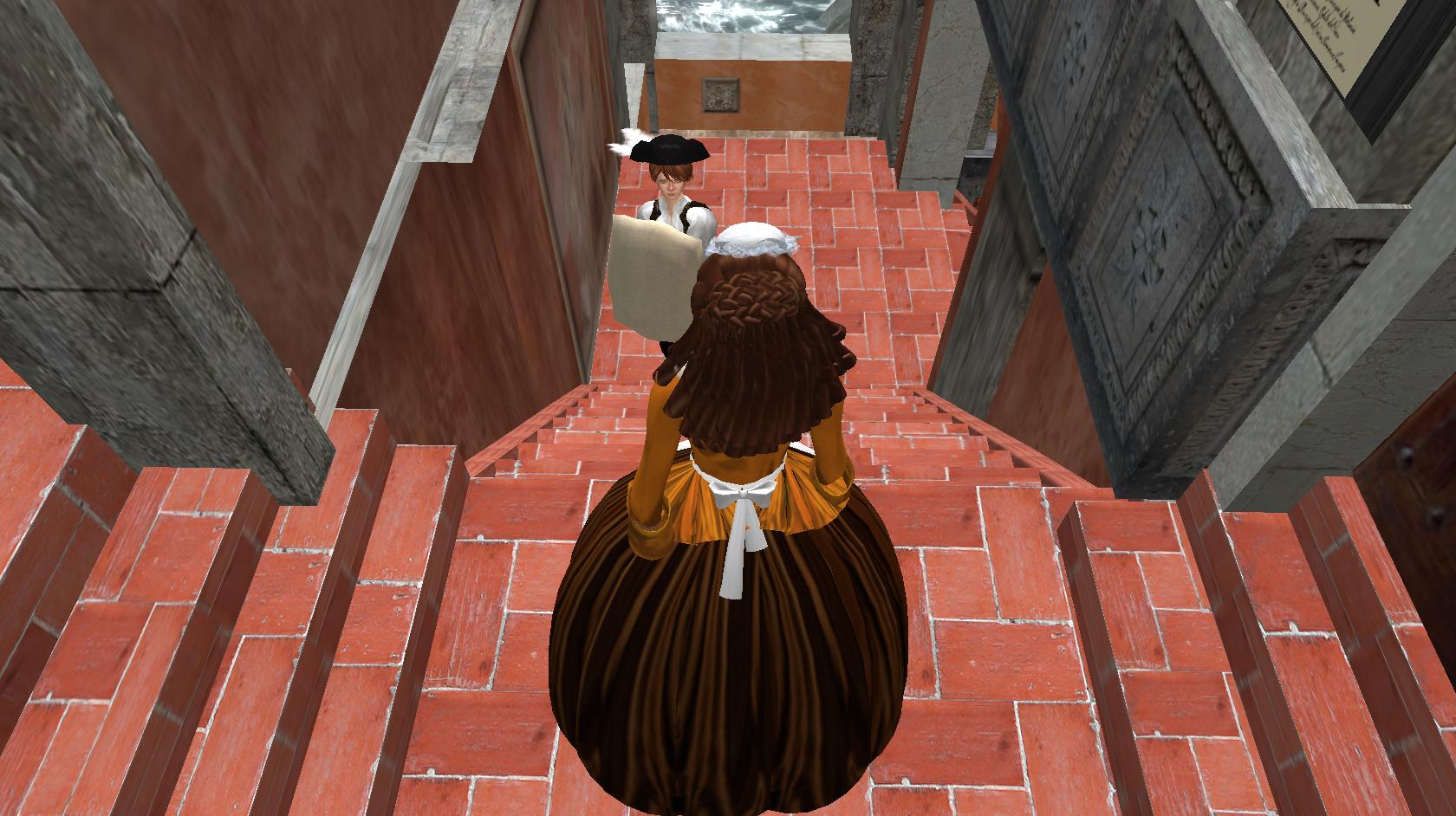 Cece meets Fiorino as he comes up the stairs into the kitchen
Cece meets Fiorino as he comes up the stairs into the kitchen The Prince has often told me: Never displease the cook!. I was afraid that it was too late. As diligently as I tried to do everything that Cece told me, I only continued to make a mess. This, of course, only displeased the cook more. What is troubling you, child?, Cece demanded: Why are you in such a tizzy today? But I only fumbled the bowl that I was stirring and risked spilling the contents all over the floor.
Santo Cielo!, Cece exclaimed. I keep telling the Prince to send me girls to work in this kitchen and not these thoughtless, awkward boys! They only learn how to work when you hit them into place. Thats when they learn.
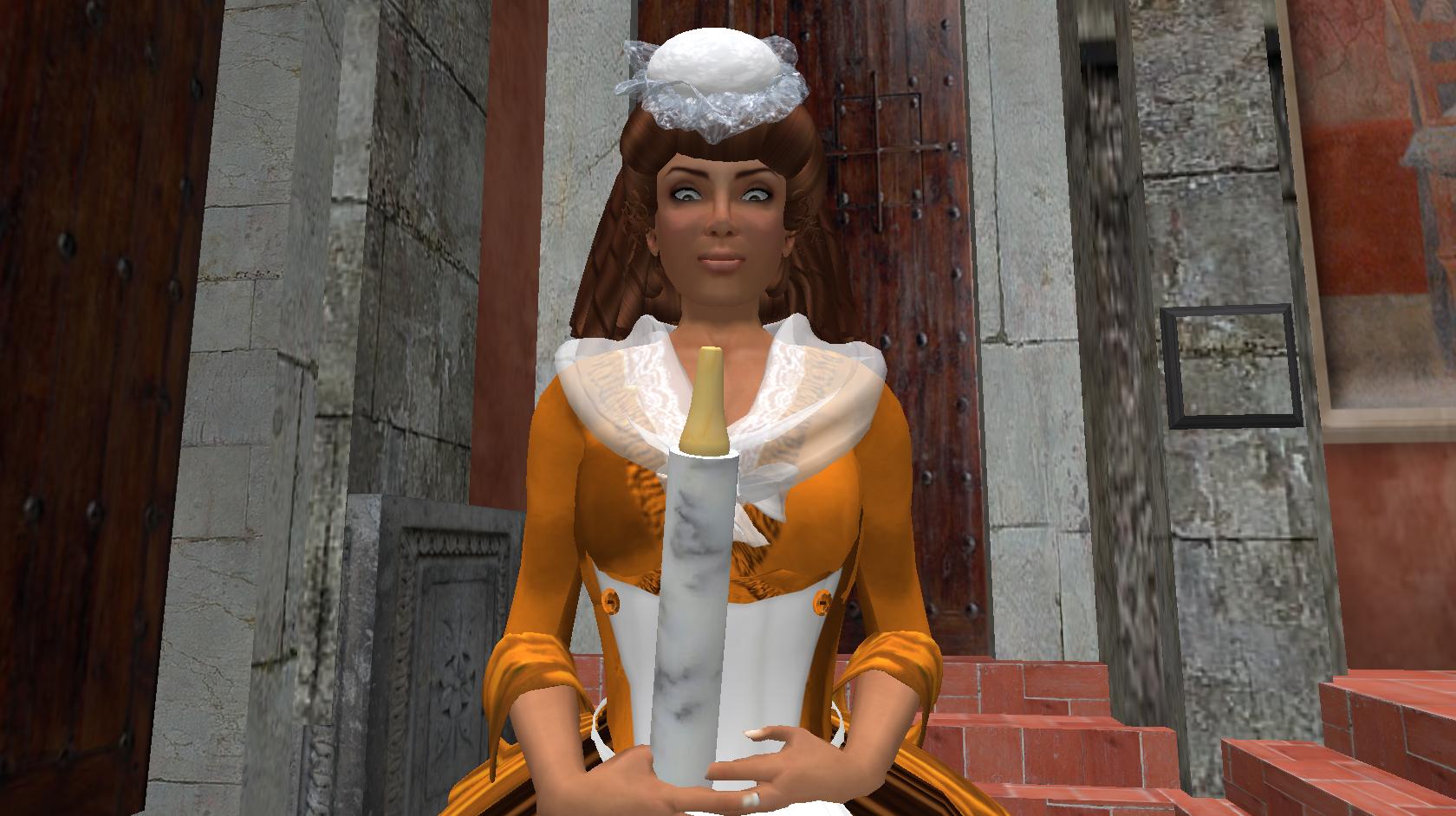 Never displease the cook, the Prince has told Fiorino
Never displease the cook, the Prince has told Fiorino 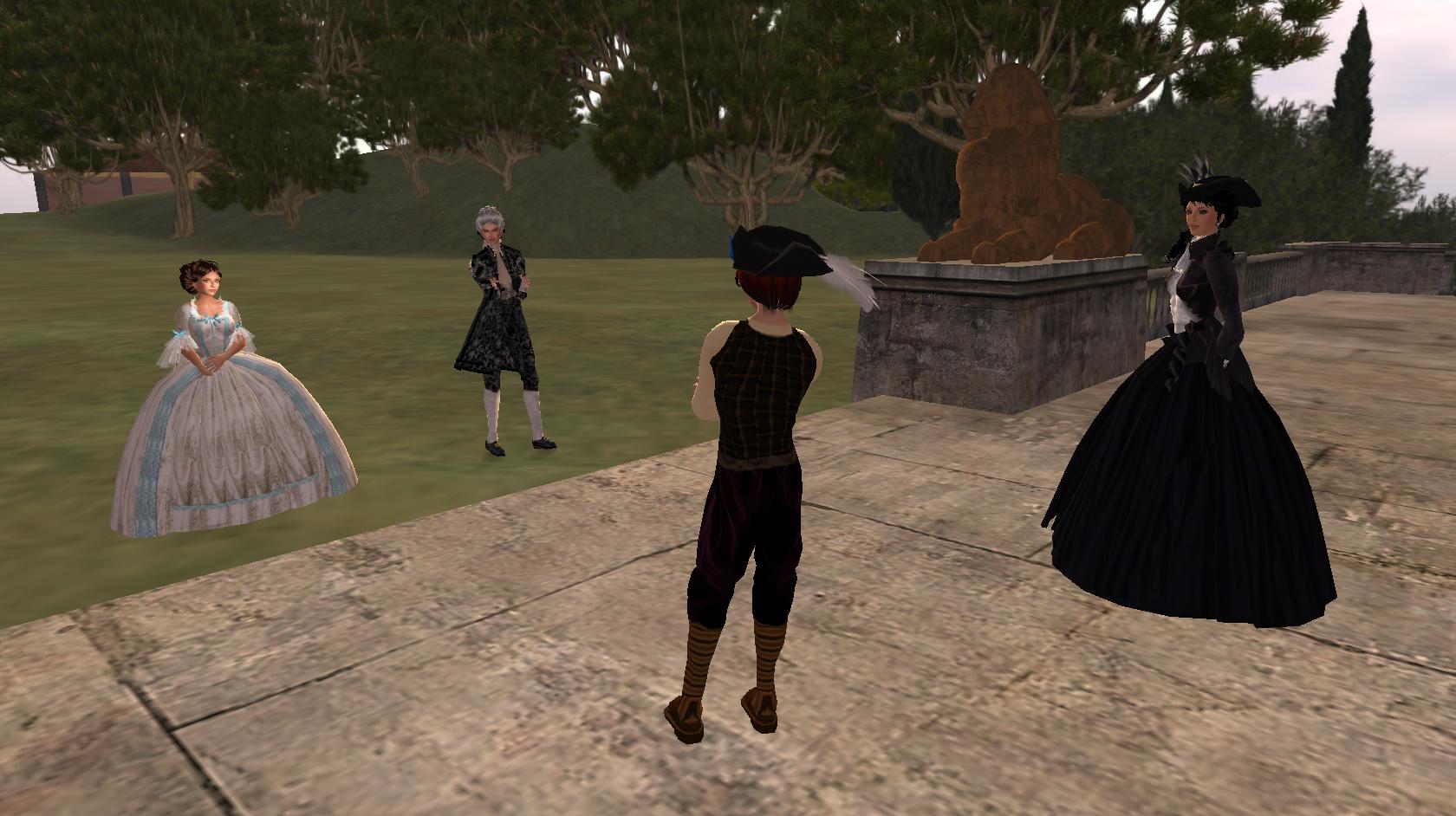 The Conte di Loredan and his sister the Contessa approached the villa and greeted the Contessa Foscari
The Conte di Loredan and his sister the Contessa approached the villa and greeted the Contessa Foscari 
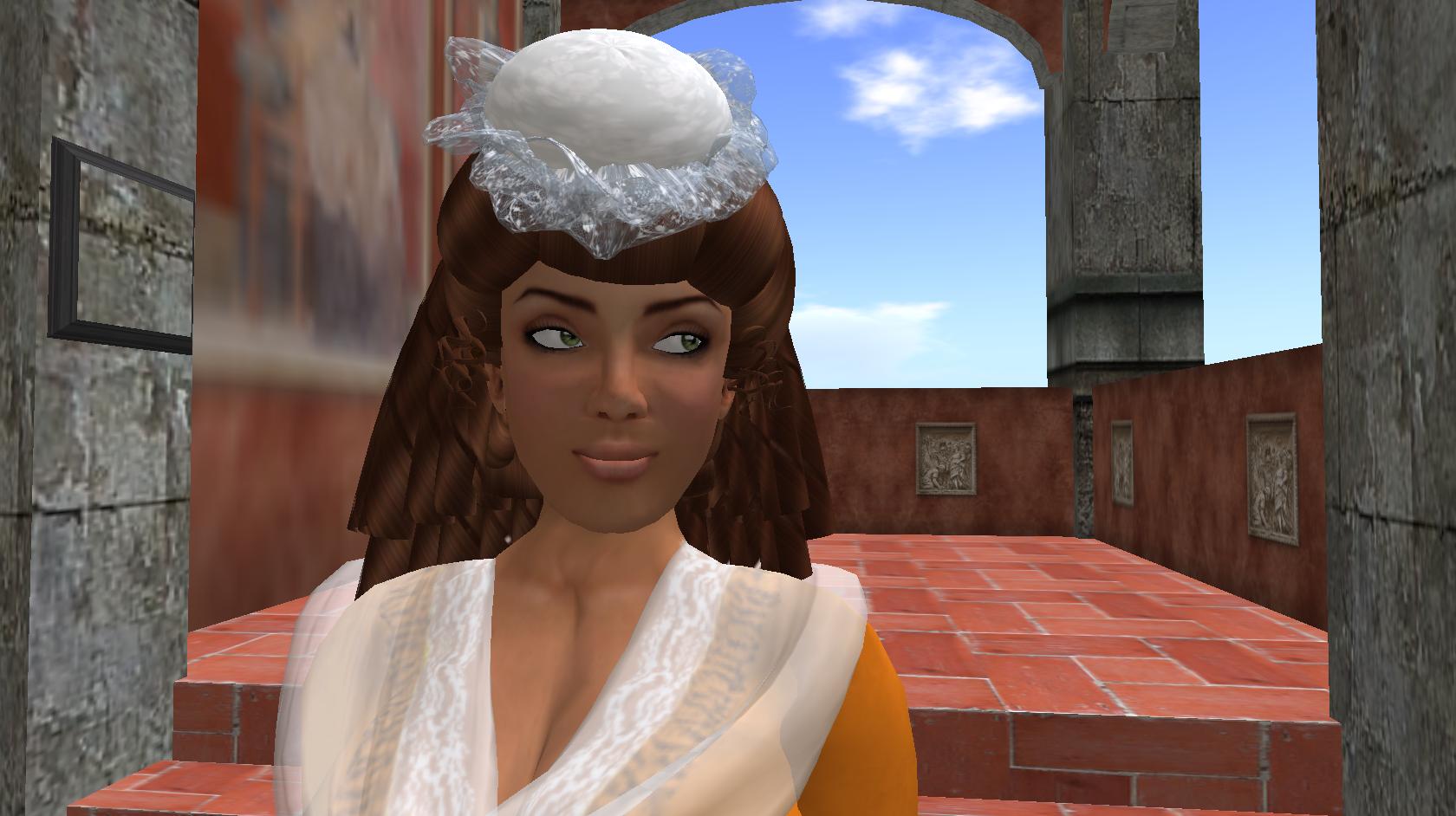 Cece the Prince's cook helps the orphans
Cece the Prince's cook helps the orphans 
